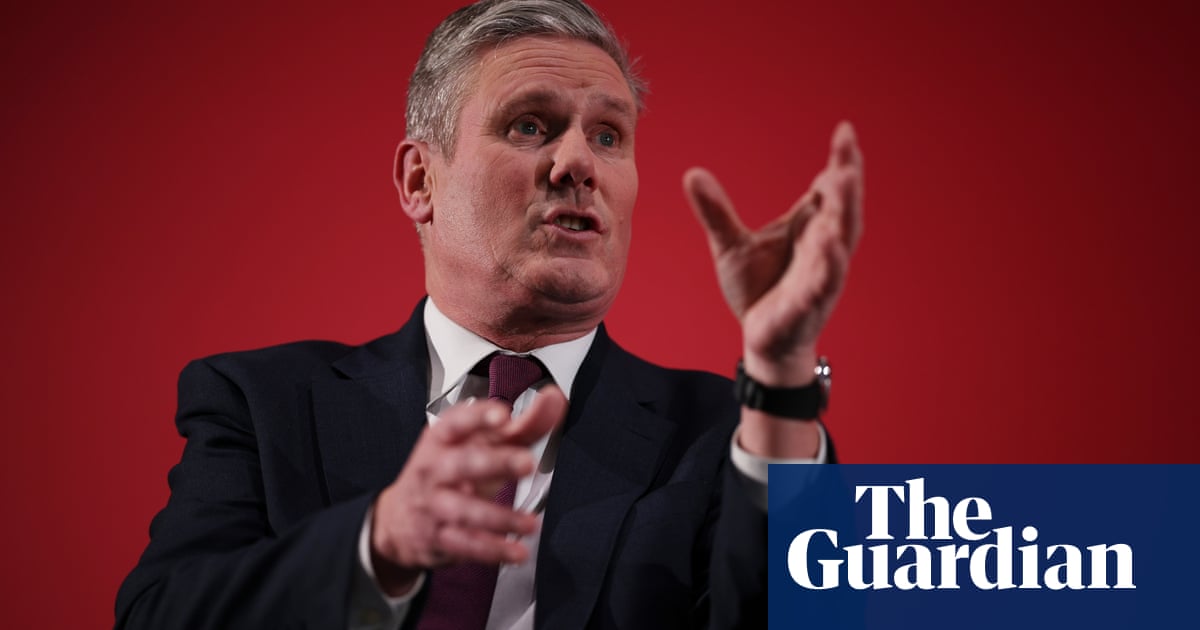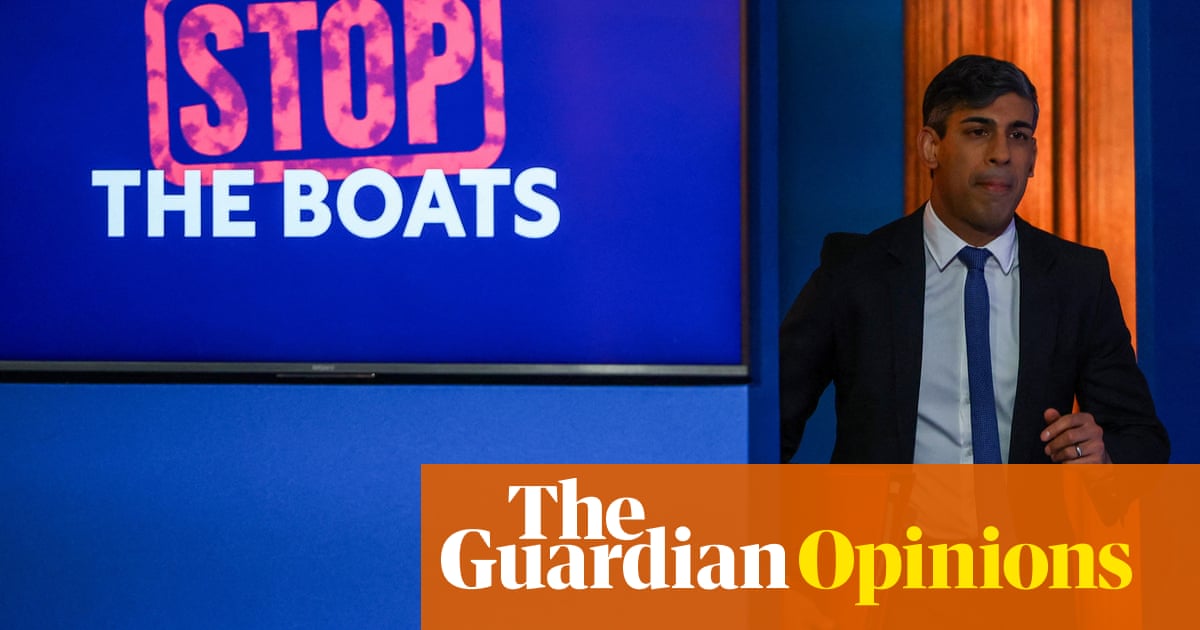
or the past century and a half, job security has not been part of the Spanish monarchy’s experience. When former king Juan Carlos announced that he was packing his bags and heading into a form of exile on Monday, he was really following a family tradition.
No one would be more aware of that than 82-year-old Juan Carlos himself, who was born in exile and – reportedly – in relative impecunity (by royal standards) after his grandfather Alfonso XIII fled the country in the face of popular revolt in 1931.
It took General Francisco Franco, who came to power with the help of Hitler and Mussolini after turning a failed coup into the Spanish civil war in 1936, to restore the monarchy. But this only came after a vengeful Franco had himself ruled with absolute power, while violently suppressing democrats and making liberal use of death sentences, for almost four decades.
To secure the restoration, Juan Carlos had first to suck up to Franco, agree that the proper heir to the crown (his own father, Don Juan) should be leapfrogged, and then wait patiently for the dictator to die. When that finally happened in 1975, Juan Carlos received a dictator’s powers – and refused to criticise his predecessor as head of state.
Remarkably, he gave up that power and steered Spain towards democracy. That has guaranteed him his place in the history books forever – since the new constitution passed in 1978 still holds, and Spain has prospered as never before.
His move into exile comes amid investigations into suspected graft and fraud, over a $100m payment to him by the king of Saudi Arabia – but it also highlights weaknesses that were baked into the original transition into democracy. Given the monarchy’s fragility, and Spain’s fears of another military coup (proven well-founded, when the civil guard lieutenant colonel Antonio Tejero stormed parliament in 1981), huge amounts of energy went into protecting the king from scandal, investigation or unpopularity.
Unfortunately, that energy did not always come from him. He basked in genuine popularity, while living a luxurious life with numerous lovers and constant question marks over how – given an apparent lack of assets, with royal lands, palaces and art collections actually owned by the state – he paid for his family’s lifestyle. Those questions, however, were not aired in the press, which acquiesced to an unwritten pact in which the king was left alone.
Since a Spanish monarch is immune to prosecution, there was no question of him breaking the law. Given that he was also spared scrutiny, it is not surprising that he failed to realise that, if Spaniards ever found out about some of his activities, many would disapprove.
He also got careless. A first major gaffe saw him have to be evacuated home after an accident during a secret (and expensive) 2012 elephant hunt in Botswana, while the rest of Spain hunkered down to survive the financial crisis. That helped bring about his abdication, in 2014. The second, in which vast sums of money gifted by Saudi Arabia and others were left sloshing around accounts in Switzerland – accounts eventually closed down by the banks themselves – has now brought his exile.
More worrying than the alleged individual sins of a monarch, which are yet unproven in court, are the lengths to which parts of the Spanish establishment have gone to protect him. It is possible that some of his most ardent friends and advisers were attracted to the king’s opaque financial arrangements. Others appear to think that to protect an individual king is to protect the monarchy – which is the exact opposite of what has happened.
Perhaps the former king’s friends and collaborators, who tended to lash out at those who made accusations against him, were merely protecting themselves. Either way, they are now throwing Juan Carlos under the bus in order to protect his son, the current monarch Felipe VI.
Spain’s state pollster CIS stopped measuring the popularity of the monarchy five years ago, after it dipped into negative figures. As a result, this is done instead by the press and the pollster of the separatist-led Catalan regional government. The numbers continue to show overall disapproval.
If Spaniards deserve one thing, it is transparency. Their constitution allows them to sack the monarchy, in the unlikely event that a significant majority so desire.
They can make no call on that, however, while Spain’s establishment continues to believe that the monarchy’s weaknesses must be hidden, rather than exposed to the light – so that they can be worked on and, if possible, improved.
Now, at least, courts around the world are free to investigate. Juan Carlos’s financial affairs are already being studied in Switzerland and in Spain. Exile won’t make any of that go away.
• Giles Tremlett is a correspondent based in Spain. He is the author of Ghosts of Spain, and biographies of Catherine of Aragon and Isabella of Castile












